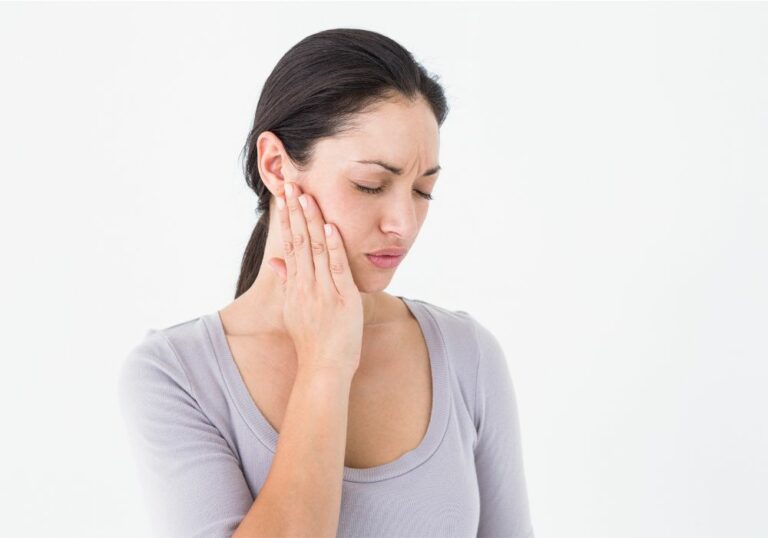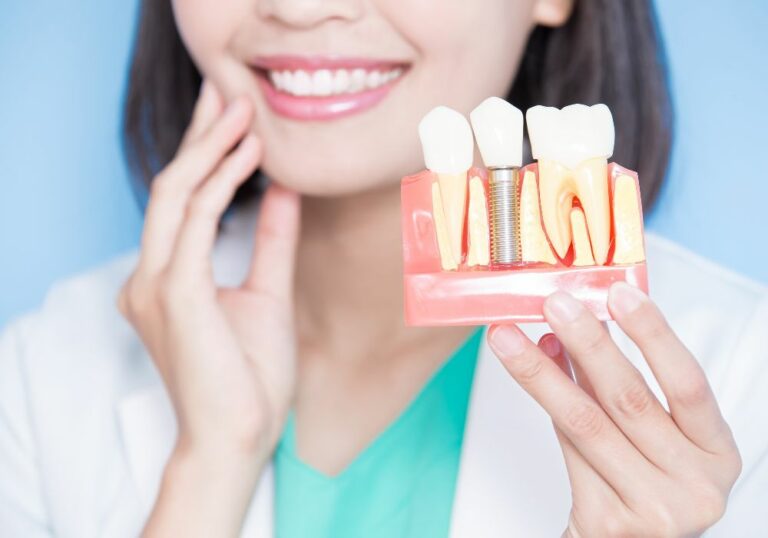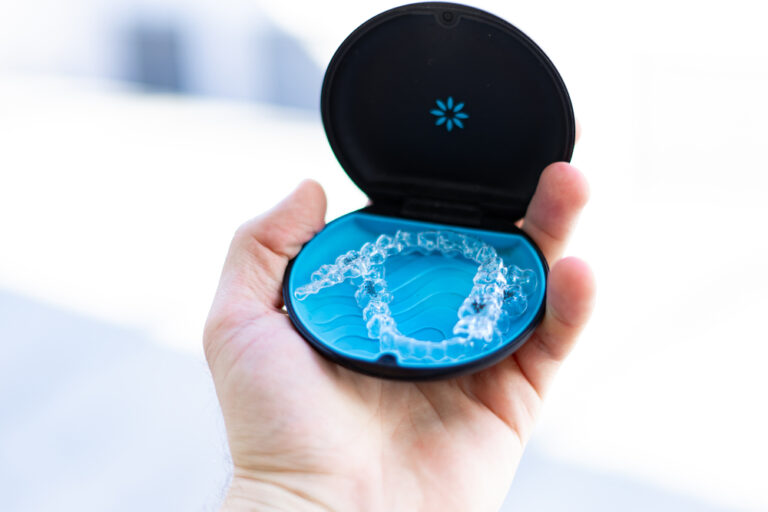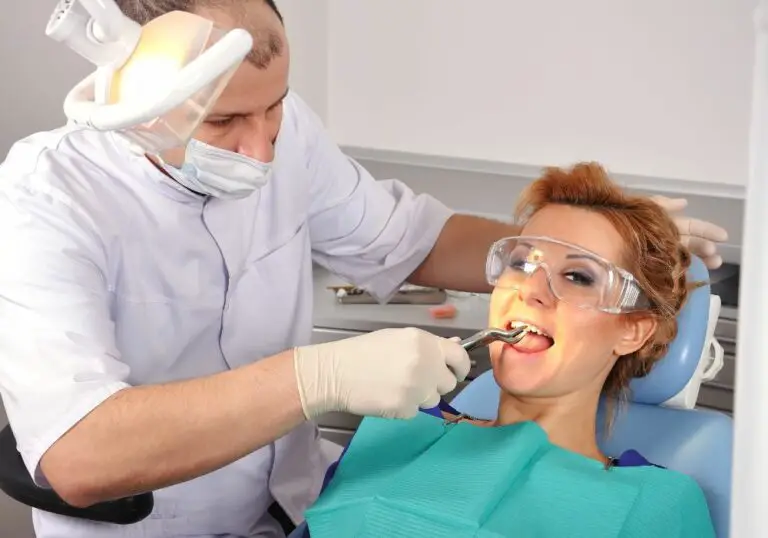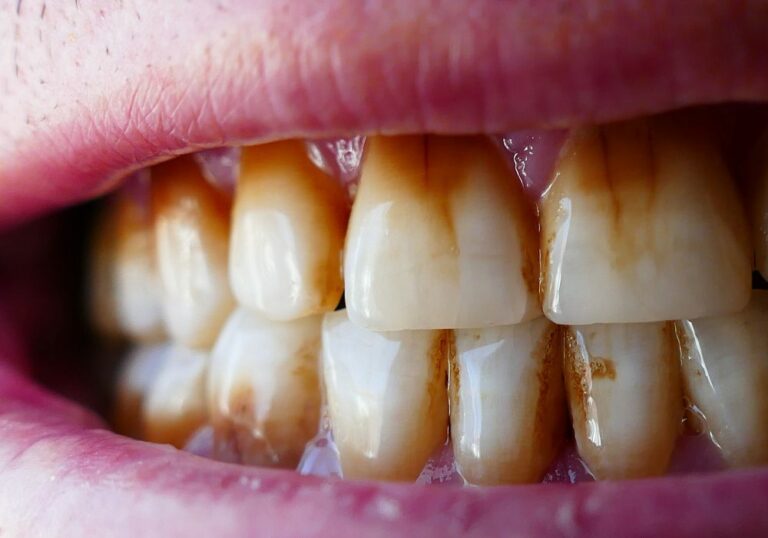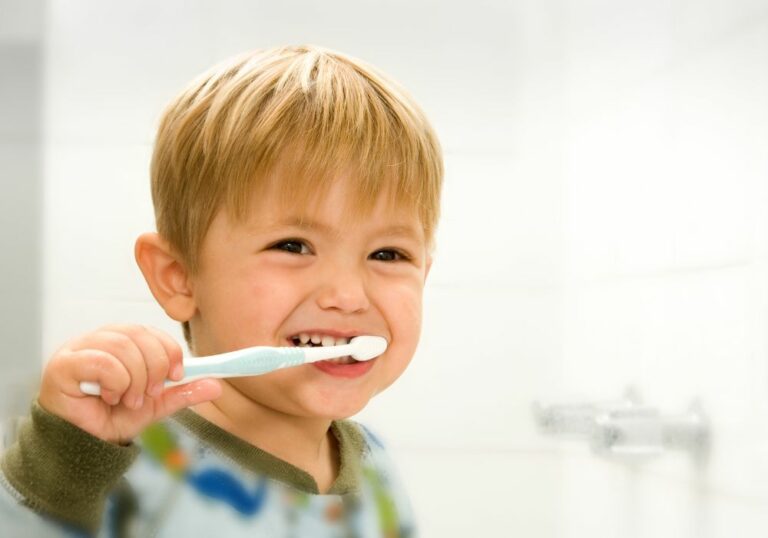If you’re looking for a natural way to whiten your teeth, you might have heard of using activated charcoal. Charcoal teeth whitening has become a popular trend in recent years, with many people claiming it can remove stains and brighten your smile. But how often can you use charcoal to whiten your teeth?
Before we dive into how often you can use charcoal for teeth whitening, it’s important to understand how it works. Activated charcoal is a fine powder that’s highly absorbent and can trap toxins and chemicals. When it comes to your teeth, charcoal can bind to surface stains and remove them from your enamel. However, it’s important to note that charcoal can also be abrasive and may wear away your enamel if used too frequently or aggressively.
So, how often can you use charcoal to whiten your teeth? While there’s no one-size-fits-all answer, most experts recommend using charcoal toothpaste or powder no more than once or twice a week. This allows you to reap the benefits of charcoal without damaging your enamel. Additionally, it’s important to use a soft-bristled toothbrush and be gentle when brushing to avoid further enamel erosion.
Understanding Teeth Whitening
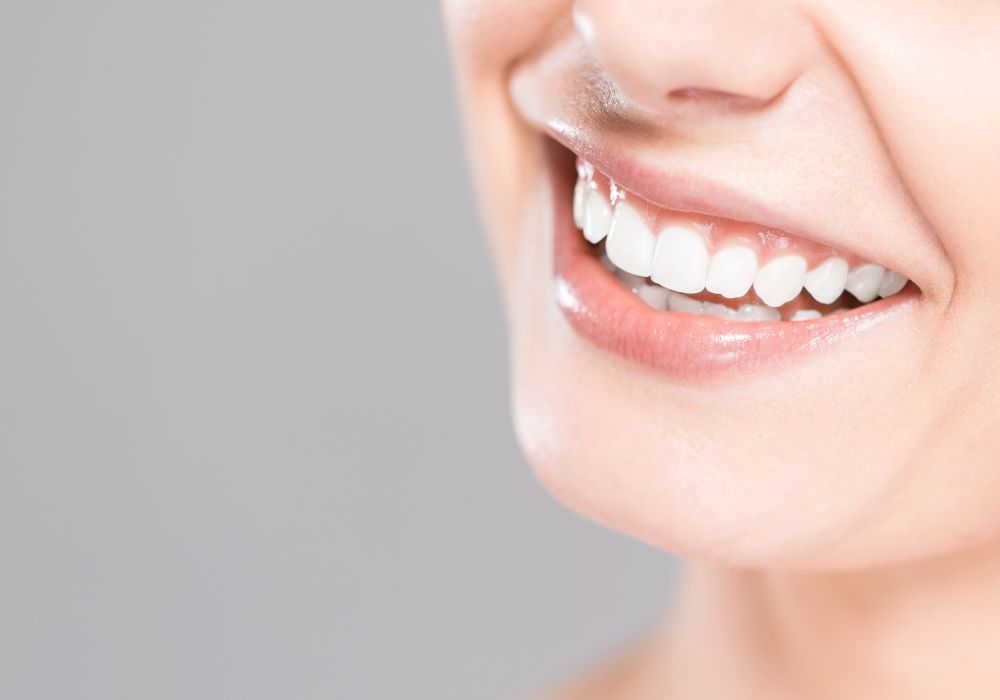
Teeth whitening is a cosmetic procedure that involves removing stains and discoloration from your teeth to make them appear whiter. There are various methods of teeth whitening, including the use of activated charcoal.
Activated charcoal is a fine-grained black powder made from natural substances such as coconut shells, olive pits, slowly burned wood, and peat. It becomes activated when exposed to high temperatures and treated with oxygen, which creates tiny pores that trap toxins and impurities.
Using activated charcoal for teeth whitening is a popular trend, but it’s important to understand that it’s not a substitute for professional teeth whitening treatments. While it may remove surface stains and make your teeth appear whiter, it’s not effective for deeper stains or discoloration caused by underlying dental issues.
When using activated charcoal for teeth whitening, it’s important to use it in moderation and not overdo it. Excessive use of activated charcoal can wear away your enamel and cause tooth sensitivity.
It’s recommended to use activated charcoal for teeth whitening once daily, three days in a row. For more deeply stained teeth, you can brush with activated charcoal five days in a row. However, it’s important to note that results may vary and it’s best to consult with your dentist before trying any teeth whitening method.
In summary, activated charcoal can be a safe and effective way to whiten your teeth, but it’s important to use it in moderation and not rely on it as a substitute for professional dental care.
What is Charcoal Teeth Whitening?
Charcoal teeth whitening is a popular trend in the world of oral care. It involves using activated charcoal to remove stains and whiten teeth. Activated charcoal is a fine-grained black powder made from natural substances like coconut shells, olive pits, slowly burned wood, and peat. The powder becomes activated when it’s heated to a high temperature, which changes its internal structure, making it more porous and increasing its surface area. This makes it an effective adsorbent, meaning it can bind to toxins and impurities and remove them from the body.
When it comes to teeth whitening, activated charcoal works by adsorbing the compounds that cause stains on your teeth. These compounds can come from things like coffee, tea, wine, and tobacco. The charcoal binds to these compounds and removes them from your teeth, leaving them looking brighter and whiter.
Charcoal teeth whitening can take many forms, including toothpaste additives, toothbrush bristles, capsules, or loose powder. Charcoal toothpaste additives are the most common form of charcoal teeth whitening. They can be the main or supplemental ingredient in toothpaste and can make the toothpaste black or light gray, depending on the concentration.
It’s important to note that charcoal teeth whitening is not a substitute for regular dental care. It’s recommended that you brush your teeth twice a day with a fluoride toothpaste, floss daily, and visit your dentist regularly for cleanings and check-ups. Charcoal teeth whitening should be used in moderation and according to the instructions on the product packaging. Overuse of charcoal teeth whitening products can lead to enamel erosion and tooth sensitivity.
How Often Should Charcoal Be Used for Teeth Whitening
If you’re considering using charcoal for teeth whitening, you may be wondering how often you can use it. While charcoal can be an effective way to remove surface stains from your teeth, it’s important to use it correctly to avoid damaging your tooth enamel.
Factors Influencing Frequency
The frequency with which you can use charcoal for teeth whitening depends on several factors, including the concentration of the charcoal, the sensitivity of your teeth, and your overall oral health. If you have sensitive teeth or gum disease, for example, you may need to use charcoal less frequently to avoid irritation.
Recommended Frequency
As a general rule, it’s best to use charcoal for teeth whitening no more than once or twice a week. This will help prevent damage to your tooth enamel and keep your teeth looking their best.
It’s also important to note that charcoal should never be used as a replacement for regular dental care, such as brushing and flossing. While charcoal can help remove surface stains, it won’t prevent cavities or other dental issues.
If you have any concerns about using charcoal for teeth whitening, be sure to speak with your dentist. They can help you determine the best course of action based on your individual needs and oral health status.
In summary, while charcoal can be an effective way to whiten teeth, it’s important to use it correctly and in moderation. By following these guidelines, you can safely and effectively incorporate charcoal into your dental care routine.
Benefits of Charcoal Teeth Whitening

Charcoal teeth whitening has become a popular trend in recent years due to its potential benefits. Here are some of the benefits of using charcoal for teeth whitening:
- Stain removal: Charcoal has highly absorbent properties that can effectively remove surface stains on your teeth, leaving your smile looking brighter and whiter.
- Natural and chemical-free: Charcoal teeth whitening is a natural and chemical-free alternative to traditional teeth whitening methods, which often involve harsh chemicals that can damage your teeth and gums.
- Affordable: Charcoal teeth whitening is an affordable option compared to other teeth whitening treatments, which can be expensive and require multiple sessions.
- Easy to use: Charcoal teeth whitening is easy to use and can be done in the comfort of your own home. You can find charcoal toothpaste, powder, and even toothbrushes at your local drugstore or online.
- Gentle on enamel: Contrary to popular belief, charcoal teeth whitening is gentle on your enamel when used correctly. However, it is important to use it in moderation and not overdo it, as excessive use can lead to enamel erosion.
Overall, charcoal teeth whitening can be a safe and effective way to whiten your teeth naturally. However, it is important to consult with your dentist before using any new teeth whitening method to ensure that it is safe for you to use.
Side Effects of Charcoal Teeth Whitening
Charcoal teeth whitening has become a popular trend in recent years, but it’s important to be aware of the potential side effects before using it. Here are some of the possible side effects of using charcoal for teeth whitening:
1. Abrasive nature
Charcoal is abrasive and can cause damage to your tooth enamel if used too frequently or too vigorously. This can lead to tooth sensitivity, which can be uncomfortable and painful.
2. Staining
Charcoal can also stain your teeth if it’s not used properly. If you use too much charcoal or leave it on your teeth for too long, it can leave a gray or black residue that is difficult to remove.
3. Carcinogenic effect
Some types of charcoal may contain toxins that can have a carcinogenic effect on your health. It’s important to use activated charcoal, which doesn’t contain these types of toxins.
4. Ineffective
Charcoal toothpaste may not be as effective as regular toothpaste in removing plaque and preventing cavities. It may only remove some surface stains on your teeth.
5. Messy
Charcoal toothpaste can be messy and difficult to clean up. The black residue can stain your sink and clothing, so it’s important to be careful when using it.
It’s important to use charcoal teeth whitening products in moderation and follow the instructions carefully to avoid any potential side effects. If you experience any discomfort or sensitivity after using charcoal for teeth whitening, stop using it and consult your dentist.
Alternatives to Charcoal Teeth Whitening
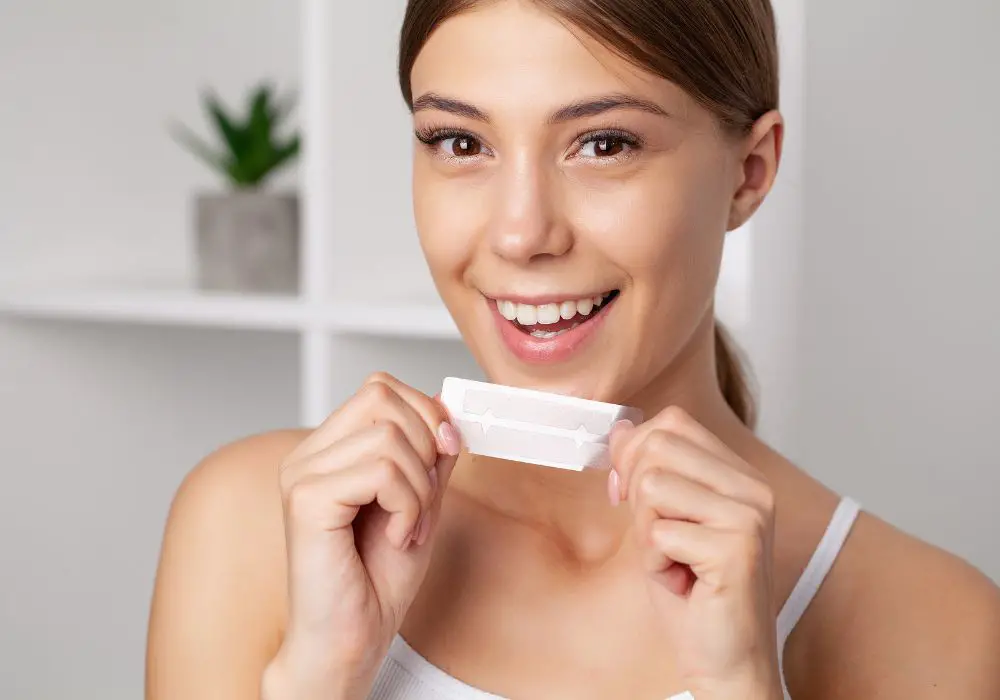
If you’re looking for alternatives to charcoal teeth whitening, there are several options available that can help you achieve a brighter smile without the risks associated with using activated charcoal.
Professional Teeth Whitening
One of the most effective ways to whiten your teeth is to visit your dentist for professional teeth whitening. This treatment involves the use of a high-strength bleaching agent that is applied to your teeth and activated with a special light. Professional teeth whitening can remove even the toughest stains and is safe for most people.
Whitening Toothpaste
Whitening toothpaste is a popular alternative to charcoal teeth whitening. These toothpastes contain special ingredients that help to remove surface stains from your teeth, leaving them looking brighter and cleaner. While they may not be as effective as professional teeth whitening, whitening toothpaste is a safe and affordable way to improve the appearance of your teeth.
Whitening Strips
Whitening strips are another popular option for teeth whitening. These thin, flexible strips are coated with a bleaching agent and applied directly to your teeth. They are left in place for a specified amount of time, usually around 30 minutes, and then removed. Whitening strips can be effective at removing surface stains and are a convenient option for those who prefer to whiten their teeth at home.
Natural Remedies
If you’re looking for a natural alternative to charcoal teeth whitening, there are several options available. Baking soda, for example, can be mixed with water to form a paste that can be used to brush your teeth. This can help to remove surface stains and leave your teeth looking brighter. Other natural remedies include oil pulling, which involves swishing coconut oil around your mouth for several minutes, and using apple cider vinegar as a mouthwash.
Overall, there are many alternatives to charcoal teeth whitening that can help you achieve a brighter, more confident smile. Whether you choose to visit your dentist for professional teeth whitening or try a natural remedy at home, it’s important to choose a safe and effective method that works for you.
How to Use Charcoal for Teeth Whitening
If you’re interested in using charcoal to whiten your teeth, it’s important to know how to use it properly. Here are some steps to follow for safe and effective use:
Preparation
Before you start using charcoal for teeth whitening, make sure you have the right supplies. You’ll need:
- Activated charcoal powder or charcoal toothpaste
- A toothbrush
- A cup of water
- A towel or napkin
Application
Here’s how to use charcoal for teeth whitening:
- Wet your toothbrush in the cup of water.
- Dip the toothbrush into the charcoal powder or apply the charcoal toothpaste to the bristles.
- Brush your teeth gently for two minutes, making sure to cover all surfaces of your teeth.
- Spit out the charcoal and rinse your mouth thoroughly with water.
- Use your regular toothpaste to brush your teeth as normal.
Post-Application Care
After using charcoal for teeth whitening, it’s important to take care of your teeth properly. Here are some tips:
- Rinse your mouth thoroughly with water after using charcoal.
- Use a fluoride toothpaste to help protect your teeth from decay.
- Don’t use charcoal for teeth whitening more than once a week to avoid damaging your tooth enamel.
- If you experience any tooth sensitivity or irritation, stop using charcoal and consult your dentist.
Remember, while charcoal can help remove surface stains on your teeth, it’s important to maintain good oral hygiene habits to keep your teeth healthy and white.
Maintaining Teeth Whiteness After Charcoal Use
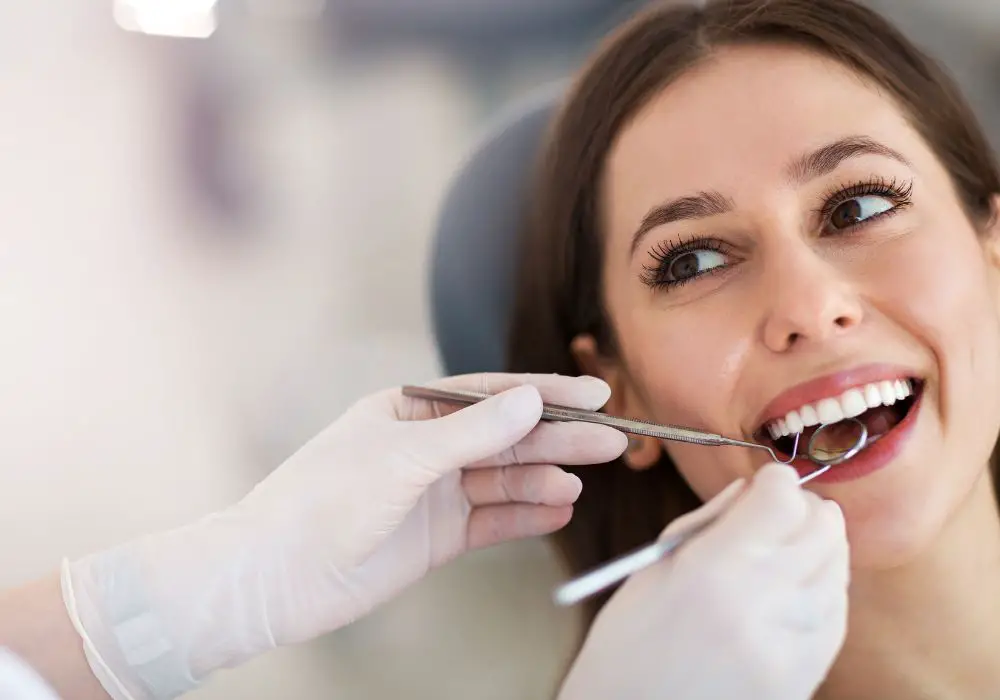
Now that you’ve used charcoal to whiten your teeth, you may be wondering how to maintain your newly brightened smile. Here are some tips to help you keep your teeth looking their best:
Brush and Floss Regularly
Brushing and flossing your teeth regularly is the best way to maintain your teeth’s whiteness. Make sure to brush your teeth at least twice a day, and floss at least once a day. This will help remove any surface stains and prevent new ones from forming.
Avoid Staining Foods and Drinks
Certain foods and drinks can stain your teeth, undoing all of your hard work. Try to avoid or limit your consumption of coffee, tea, red wine, and dark-colored foods like berries and tomato sauce. If you do indulge, make sure to rinse your mouth with water afterward.
Use a Whitening Toothpaste
Using a whitening toothpaste can help maintain your teeth’s whiteness between charcoal treatments. Look for a toothpaste that contains baking soda or hydrogen peroxide, which are both effective at removing surface stains.
Don’t Overdo It
While charcoal can be an effective way to whiten your teeth, it’s important not to overdo it. Using charcoal too frequently or for too long can damage your tooth enamel and make your teeth more sensitive. Stick to using charcoal once a week or less, and always follow the instructions on the product packaging.
By following these tips, you can help maintain your teeth’s whiteness and keep your smile looking bright and healthy.
Frequently Asked Questions
Does using charcoal toothpaste whiten teeth?
Charcoal toothpaste can remove some surface stains on your teeth, but it doesn’t whiten teeth better than regular toothpaste. Its long-term effects are unclear. Charcoal is one of the abrasive ingredients in toothpaste that helps to remove surface stains on your teeth.
How often should I use activated charcoal for teeth whitening?
It is recommended to use activated charcoal toothpaste no more than twice a week. Overuse of charcoal toothpaste can wear away the enamel on your teeth, which can cause sensitivity and even tooth decay.
Is it safe to use charcoal toothpaste every day?
No, it is not safe to use charcoal toothpaste every day. Activated charcoal is abrasive and can wear away the enamel on your teeth over time. Enamel is the protective layer on your teeth that helps to prevent tooth decay and sensitivity.
Can charcoal toothpaste damage your teeth?
Yes, charcoal toothpaste can damage your teeth if used too frequently. The abrasive nature of activated charcoal can wear away the enamel on your teeth, which can lead to tooth decay and sensitivity.
What are the benefits of using charcoal toothpaste?
Charcoal toothpaste can help to remove surface stains on your teeth, leaving them looking brighter and whiter. It can also help to freshen your breath and improve your overall oral hygiene.
Are there any side effects of using charcoal toothpaste for teeth whitening?
Some people may experience sensitivity or gum irritation when using charcoal toothpaste. It is important to follow the recommended usage instructions and not to use the toothpaste too frequently to avoid any potential side effects.

